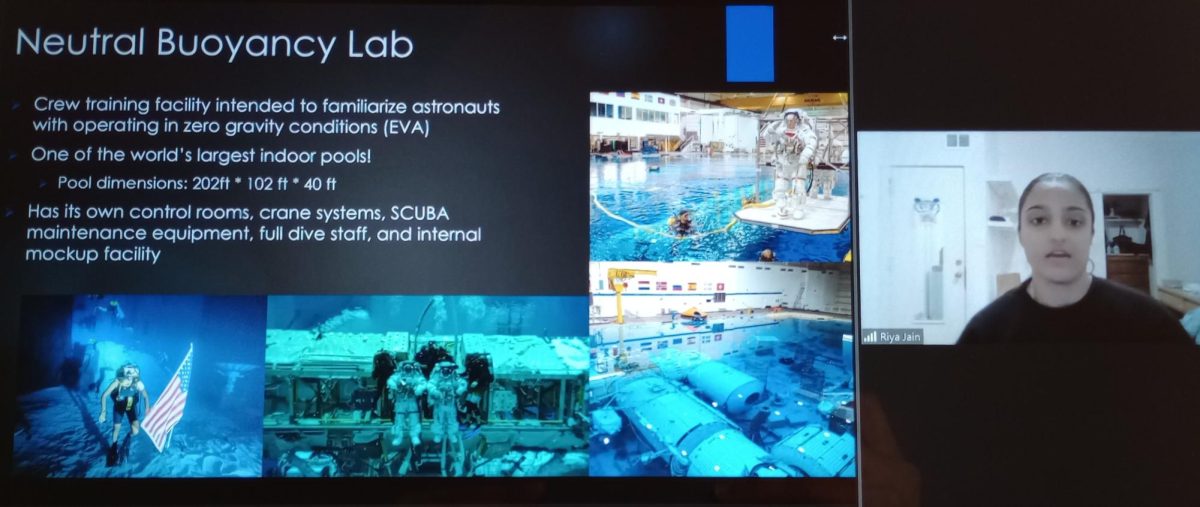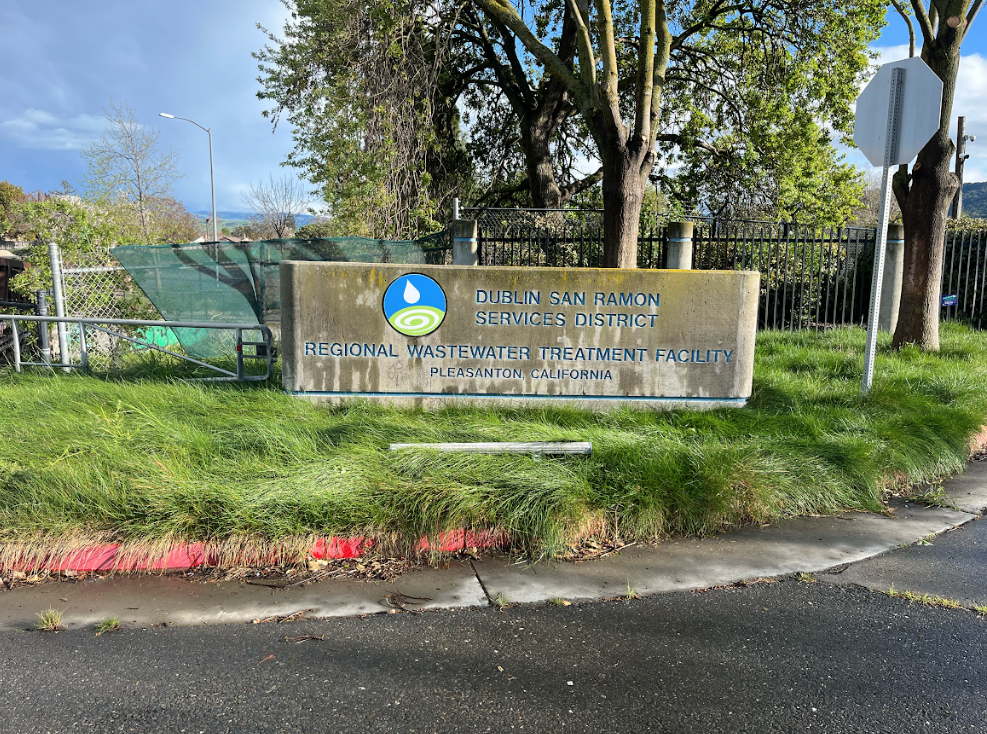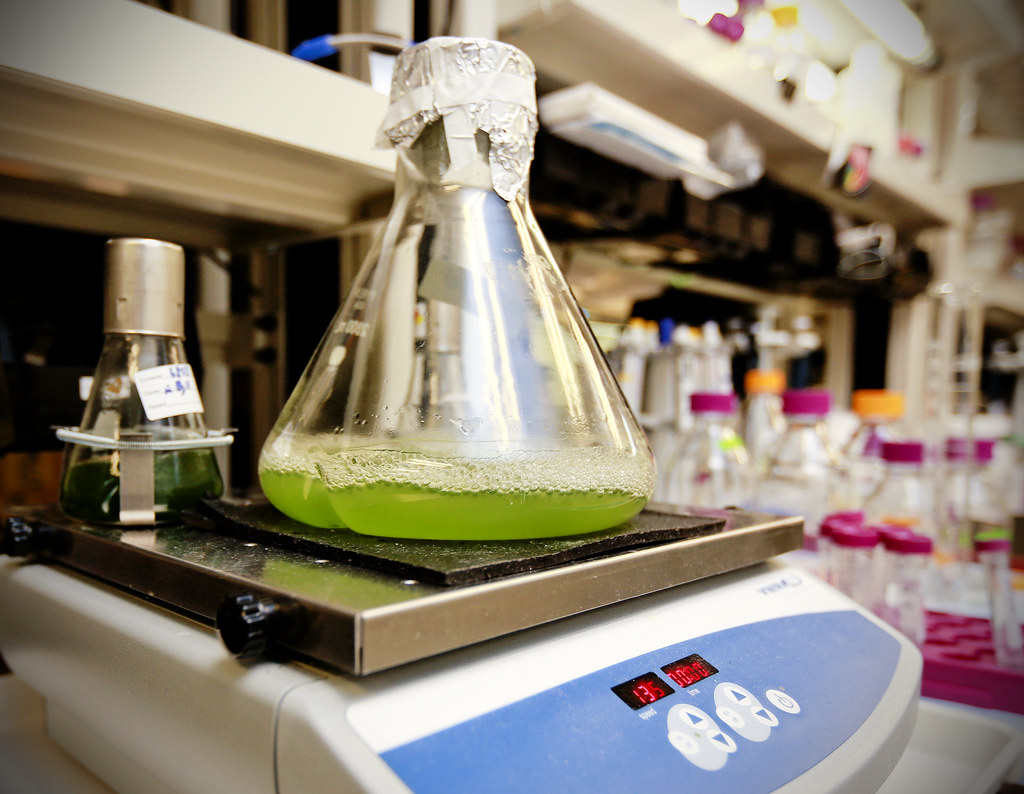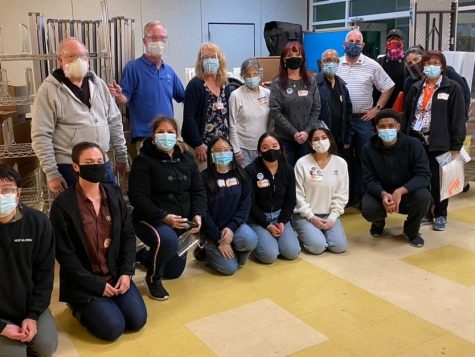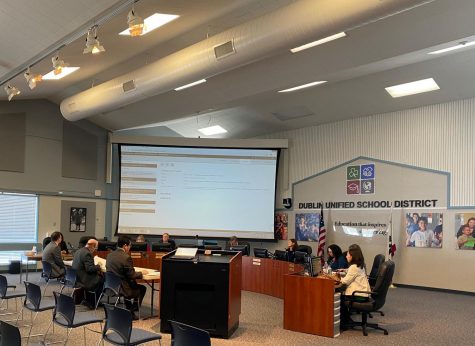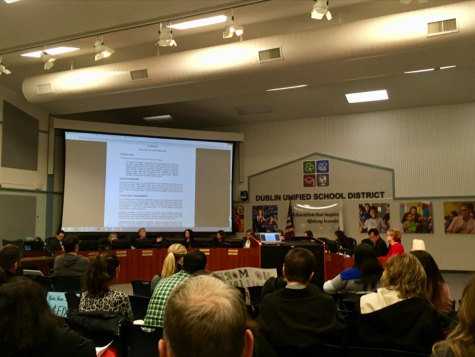SpaceX Aims For The Moon
SpaceX Aims For The Moon
Christy Koh, World/National Editor
Space Exploration Technologies Corporation (SpaceX) founder and CEO Elon Musk is known for his daring ventures and ambitious ideas for the technology of the future. Musk launched SpaceX in 2002, aiming “to revolutionize space technology, with the ultimate goal of enabling people to live on other planets.” In 2016, he endorsed the Hyperloop, a vacuum-sealed tunnel which would enable commuters to travel 700mph for only “the price of a bus ticket”. Another of the company’s notable projects, the Falcon Heavy rocket is projected to take its first flight this year. Musk intends it to eventually carry supplies and humans to Mars. Recently, SpaceX released a new proposal to send civilians into space.
At the end of February, SpaceX announced its plans to send two people to circumnavigate the moon in 2018. These sole passengers will have the privilege of spending a week aboard the autonomously operated Crew Dragon spacecraft. Musk said the cost of sending each individual was estimated to be the same as that of sending a crewed trip to the International Space Station — upwards of $80 million. The voyagers, who have not been identified, will go through a year’s worth of intense training and fitness testing in preparation for the mission.
With this new moon mission in the works, SpaceX seeks to open up opportunities for people to experience living in space. For now, the privilege is limited to private (and very wealthy) citizens, but we can be sure that under Musk’s leadership, SpaceX will continue to relentlessly forge on towards bringing civilization on another planet to reality.
The Dublin Shield interviewed students and teachers to discover their thoughts on the private space mission. Students were impressed by the company’s ambitious goal, and looked forward (…very far forward…) to the day when space travel would be the norm.
Freshman Kunal Shah expressed concern about the possible impact on the environment. “I have seen some interesting ways that space shuttles are being reused, but I am still worried that it will cause a ton of pollution.”
His concerns are certainly valid. After all, space launches expel massive amounts of metal, chemicals, and other contaminants into the atmosphere in a very short amount of time. Despite this concern, Shah considered the moon mission “a great opportunity for adventure seekers.”
“I would definitely love to go on a trip into the International Space Station and be able to look down at our beautiful Earth from outer space,” agreed sophomore Michael Zhu. “It would be a very eye-opening experience for anyone and I’m sure that the future of this program holds nothing but greater success.”
Others praised SpaceX’s initiative and rapid growth in developing spacecraft. “I think that SpaceX is really contributing to space travel by potentially being the first company to send civilians to the moon,” mused another freshman. “It promises to establish space travel as something that is as normal as going on a vacation, and will, in turn, encourage us to push the limits of space travel.”
Mr. Robert Kaehms, AP Computer Science teacher at DHS, described himself as “a big fan of Elon Musk’s ventures and vision”.
“He’s all about making impactful change, and I imagine that his goal here is to bring more attention to what SpaceX is about and capable of,” Mr. Kaehms told The Dublin Shield. “Their achievements are amazing!” he added, raising the successful test landing of the Grasshopper in 2013 as an example.
“This is a great step forward for humanity and the possibilities of the future,” Zhu declared.
“Space has always been the most challenging and vast frontier for us to explore, and the ability to give this experience to a private party proves how far our technology has advanced.”
Though the realization of SpaceX’s major goal of extraterrestrial colonization may be far off, the company’s new moon mission shows that it is well on its way to achieving it.
Your donation will support the student journalists of Dublin High School. Your contribution will allow us to purchase equipment and cover our annual website hosting costs.

Christy Koh is a sophomore attending Dublin High School. In addition to being the World/National Editor for The Dublin Shield, she represents DHS on VEX...




